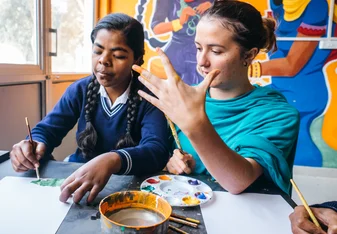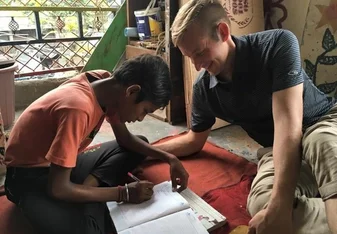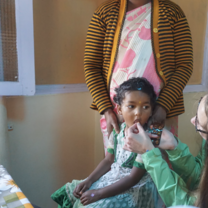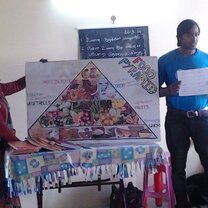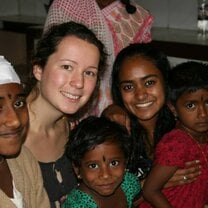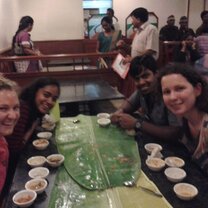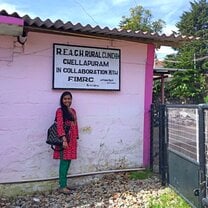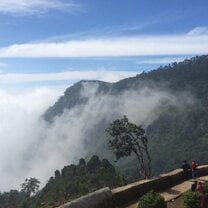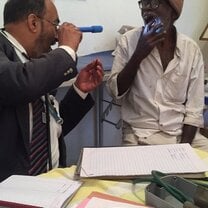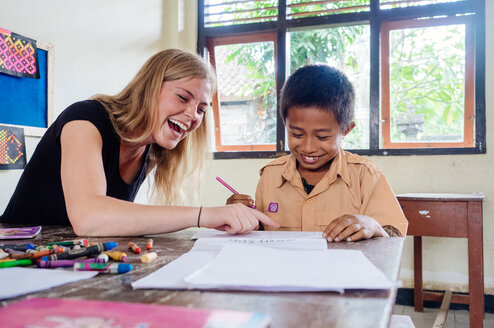Become a Global Health Volunteer in India
- India
About Program
FIMRC's Project Kodaikanal, located in the scenic mountains of southern India, creates better health services and educational opportunities for the community through the operation of a rural clinic, extensive outreach efforts, and providing support to local hospitals and crèches (day cares).
Volunteers maintain important roles in the clinic through assisting with intake and pharmacy operations. Volunteers also have the opportunity to observe medical staff in our clinic and local hospitals, allowing for a unique glimpse into the delivery of care in the area. Outside FIMRC's clinic, volunteers accompany staff during home visits, travel to crèche partners to assist with nutrition supplementation and child checks, as well as deliver health based talks on topics such as vaccinations and basic sanitation.
FIMRC is proud to be a grassroots sustainable organization. Volunteer with FIMRC and make an impact with an organization that's working in the community even long after your trip!
















